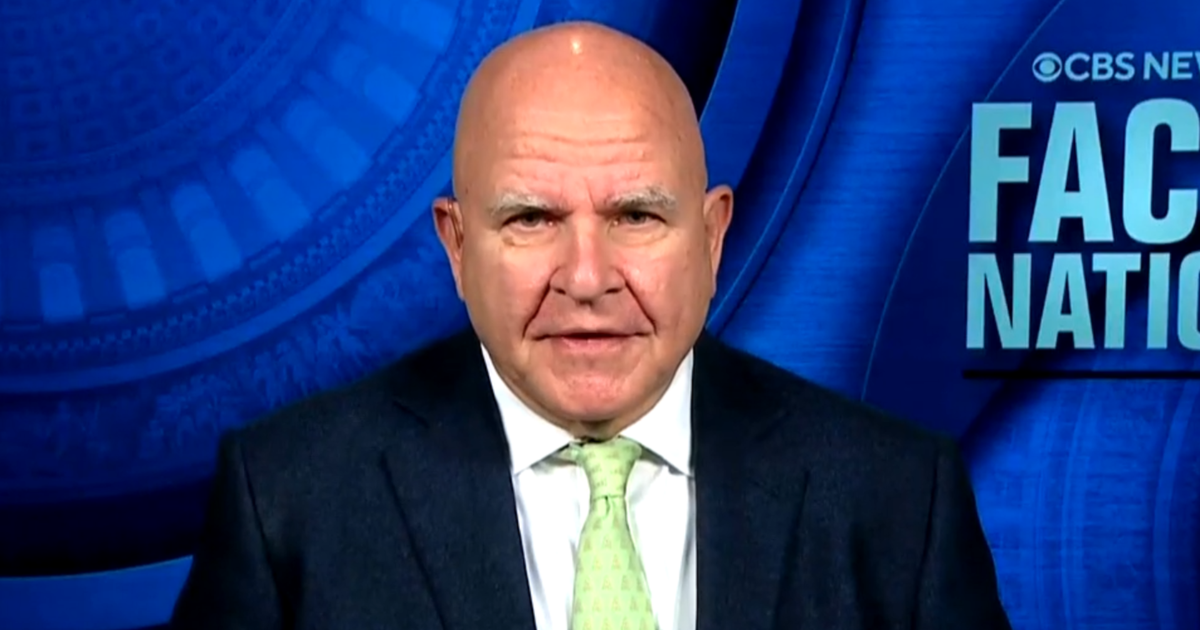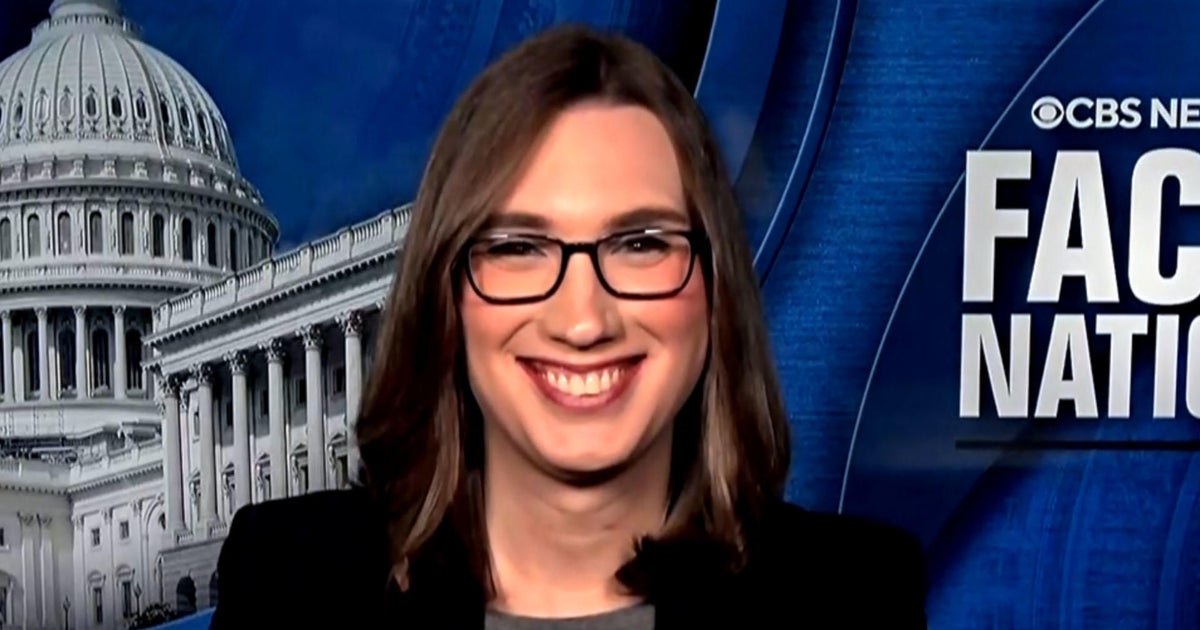CBS News
Some companies plan to increase return-to-office requirements, despite risk of losing talent

A quarter of U.S. companies will require its workers to show up at the office more often next year, even though doing so may cause some productive staff members to leave.
That’s according to new findings from ResumeBuilder.com which surveyed 756 employers at companies with return-to-office policies in place since 2021. RTO mandates have been one of the most divisive issues in corporate America since the nation emerged from the pandemic, with companies and employees often clashing over policies.
Among companies planning to require an increased number of days in office, 86% cited productivity as the top reason for doing so. That was followed by a desire to improve company culture (71%), employee well-being (57%) and retention (55%).
However, the findings of at least one study on RTO mandates seems to contradict those motives. Research from the Katz Graduate School of Business at the University of Pittsburgh, found that RTO mandates have no impact on companies’ financial performance. It also found that RTO policies can cause a “significant decline” in employee satisfaction. That may explain why 80% of companies in Resume Builder’s survey said they have lost talent as a result of their RTO policy.
“Unfortunately, I think many business leaders make assumptions about things like productivity, culture, and employee well-being,” Julia Toothacre, resume and career strategist at Resume Builder, said the report. “Productivity is a result of clear expectations and good management. Culture is driven by people, not physical spaces, and employee well-being is more about how people are managed, their stress levels, and the amount of flexibility they have.”
The survey also found that 45% of companies will not push employees to come into the office more often next year, choosing to leave their current RTO policy as is. Another 21% said employees will be allowed to come in less frequently in 2025.
Still, an overwhelming 93% of business leaders believe employees should be physically present in the office and therefore support RTO mandates. Most employers currently require that employees work in office a certain number of days, with 38% enforcing a minimum of three days per week. Amazon, Apple, and Starbucks are among the companies now requiring workers to come in three days a week.
As work-life balance becomes a higher priority for employees, however, Toothacre says companies can expect more walkouts as a result of RTO mandates.
“People may have moved and aren’t willing to move again to keep their position,” she said. “It’s also possible that there are familial responsibilities that require a flexible schedule or the need to be at home. Some people also like working from home or remotely and don’t want to return to an office environment.”
ResumeBuilder.com drew its results from a May survey of business owners, human resource managers, supervisors, CEOs, senior managers and other top decision-makers at companies. The respondents were all over age 25, made over $75,000 a year and had an education higher than a high school diploma.
CBS News
Former Trump national security adviser says next couple months are “really critical” for Ukraine

Washington — Lt. Gen. H.R. McMaster, a former national security adviser to Donald Trump, said Sunday that the upcoming months will be “really critical” in determining the “next phase” of the war in Ukraine as the president-elect is expected to work to force a negotiated settlement when he enters office.
McMaster, a CBS News contributor, said on “Face the Nation with Margaret Brennan” that Russia and Ukraine are both incentivized to make “as many gains on the battlefield as they can before the new Trump administration comes in” as the two countries seek leverage in negotiations.
With an eye toward strengthening Ukraine’s standing before President-elect Donald Trump returns to office in the new year, the Biden administration agreed in recent days to provide anti-personnel land mines for use, while lifting restrictions on Ukraine’s use of U.S.-made longer range missiles to strike within Russian territory. The moves come as Ukraine marked more than 1,000 days since Russia’s invasion in February 2022.
Meanwhile, many of Trump’s key selection for top posts in his administration — Rep. Mike Waltz for national security adviser and Sens. Marco Rubio for secretary of state and JD Vance for Vice President — haven’t been supportive of providing continued assistance to Ukraine, or have advocated for a negotiated end to the war.
CBS News
McMaster said the dynamic is “a real problem” and delivers a “psychological blow to the Ukrainians.”
“Ukrainians are struggling to generate the manpower that they need and to sustain their defensive efforts, and it’s important that they get the weapons they need and the training that they need, but also they have to have the confidence that they can prevail,” he said. “And any sort of messages that we might reduce our aid are quite damaging to them from a moral perspective.”
McMaster said he’s hopeful that Trump’s picks, and the president-elect himself, will “begin to see the quite obvious connections between the war in Ukraine and this axis of aggressors that are doing everything they can to tear down the existing international order.” He cited the North Korean soldiers fighting on European soil in the first major war in Europe since World War II, the efforts China is taking to “sustain Russia’s war-making machine,” and the drones and missiles Iran has provided as part of the broader picture.
“So I think what’s happened is so many people have taken such a myopic view of Ukraine, and they’ve misunderstood Putin’s intentions and how consequential the war is to our interests across the world,” McMaster said.
On Trump’s selections for top national security and defense posts, McMaster stressed the importance of the Senate’s advice and consent role in making sure “the best people are in those positions.”
McMaster outlined that based on his experience, Trump listens to advice and learns from those around him. And he argued that the nominees for director of national intelligence and defense secretary should be asked key questions like how they will “reconcile peace through strength,” and what they think “motivates, drives and constrains” Russian President Vladimir Putin.
Trump has tapped former Rep. Tulsi Gabbard to be director of national intelligence, who has been criticized for her views on Russia and other U.S. adversaries. McMaster said Sunday that Gabbard has a “fundamental misunderstanding” about what motivates Putin.
More broadly, McMaster said he “can’t understand” the Republicans who “tend to parrot Vladimir Putin’s talking points,” saying “they’ve got to disabuse themselves of this strange affection for Vladimir Putin.”
Meanwhile, when asked about Trump’s recent selection of Sebastian Gorka as senior director for counterterrorism and deputy assistant to the president, McMaster said he doesn’t think Gorka is a good person to advise the president-elect on national security. But he noted that “the president, others who are working with him, will probably determine that pretty quickly.”
CBS News
Sen. Van Hollen says Biden is “not fully complying with American law” on Israeli arms shipments

Watch CBS News
Be the first to know
Get browser notifications for breaking news, live events, and exclusive reporting.
CBS News
Rep.-elect Sarah McBride says “I didn’t run” for Congrees “to talk about what bathroom I use”

Watch CBS News
Be the first to know
Get browser notifications for breaking news, live events, and exclusive reporting.



